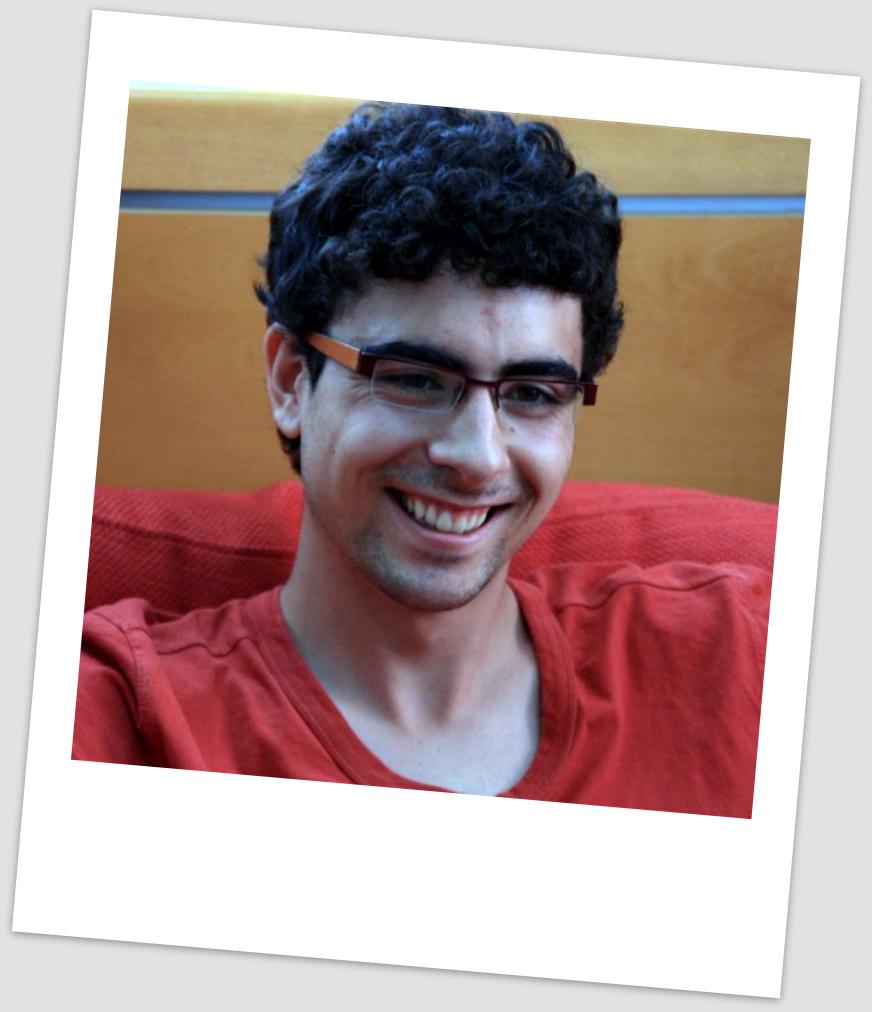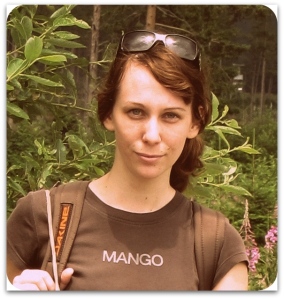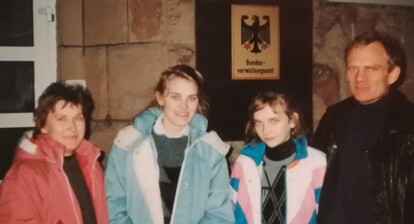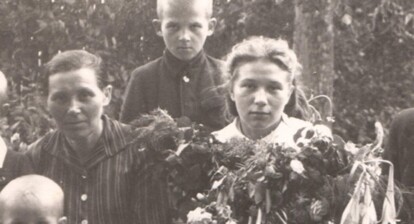Name: Germán
Age: 21
Hometown: Seville
Country: Spain
EUSTORY experience: Switzerland 2010, Hamburg, Berlin and Madrid 2011
Current Occupation: Erasmus Student of History at the University of Ghent
Germán is living in Ghent today, 2025 km from Seville and he still sees connections and similarities. “Ghent reminds me of my hometown Sevilla, because it had an important role in European history and you can also appreciate walking through its streets in the same way”. It seems that the more you know about our history, the more you feel the interconnection with other Europeans. He chose Ghent because he didn’t want to finish his bachelor without seeing how it’s like in Flanders. Flanders is a really important area for the Spanish and Sevillian history. “In fact, I’m doing my bachelor project about the relationship between Seville and Flanders in the XVIth century and I read about it a lot in the last three years” he says proudly. Since he is used to live in the periphery of Europe, Andalucía, it’s very exciting for him living 30 minutes away from the capital of the EU or just a few hours by train away from the German, Dutch, Luxembourgian or French border. On the other hand, he misses the sun and building a social life, not only in closed spaces.
Europe is a geographic reality which has been always interconnected economically, socially, politically and culturally, but according to Germán, what makes you a Eustorian -and therefore a European- is to value this common history, to be part of the current connections (problems, ideas…) and want to work for fair and enriched relationship between Europeans. Germán met many other Eustorians during the academies. “They all know that my houses in Ghent and Seville are opened to them”he says.
It is as if between EUSTORY friends from various countries there were unseen bridges, stable and always ready to use. Germán for example received help from Roman, a EUSTORY alumni from Belgium, for his first steps in Ghent. He would like to see the participation and cooperation among the alumni improving, building up EUSTORY as an important young think-tank in Europe. For young people he recommends both to take part in a EUSTORY competition and in one of its academies as they are a great opportunity for students to develop their way of working and thinking. Working with people from other European countries made him appreciate the differences between us, but more than that he admits “I didn’t even knew how much we have in common”. He says that contrary to the current European framework, EUSTORY includes the different cultural background of its participants equally, it is enriching and long-term results are obtained.
The most useful thing he has learned is that Europe is more than its political and economic limits. “It’s an example of the great shared history and culture we have”, he says. EUSTORY is a part of his life, he is always aware of what’s going on with it, reading the news of its website or the posts of its blog. He is also supports EUSTORY actively, he helped as a member of the ‘alumni task force’, a group of alumni, who help choosing new participants for the youth academies, where he is responsible of the southern part of the EUSTORY network. Germán was also involved in the EUSTORY project to commemorate the 25th anniversary of Chernobyl. A hard and original work was done during several months via an e-learning platform and later during one week spent in Berlin. “The presentation of the project in the French Dome in Berlin was also very moving. Also the ‘Exile’ seminar in Madrid, where I took part as a co-organizer was remarkable, because it let me to take -what I consider- my first steps as a History teacher.” He said he had plenty of great moments in EUSTORY, especially finding new friends all over Europe and keeping in touch with those alumnées who he had perfect moments with.
As a History student, he is really interested in Spanish history. During his studies he had noticed that we’re living a repeated phenomenon from the last five centuries again and that institution and political parties mainly work for personal and short term interests. It is fascinating that Germán was involved from the beginning in the ’15 M’ in Seville in 2011 (the protests of the ‘indignados’) and that he has been taking part in different protests in Spain till today. “The Spanish rate of youth unemployment (about 50%) pushes young people to emigrate from our country”. He feels the need of change, and travelling to many different European places and gaining experience working with people from other countries helped him a lot. Germán sees the Spanish Revolution as an expression of nonconformity facing a political system, which is old and established. Many Spanish people are tired of this system, its major political parties and institutions and the protest shows that the Spanish society has matured is aware of its problems and committed to solve them.
The knowledge he gained proves to him that a united Europe is more than a valid concept. In fact, it’s something necessary. “But not in the way they are trying nowadays to build it” he says “This united Europe is unsustainable and a Europe closer to citizens from all over the world is needed. I personally think that the economic crisis is an excuse to change the model of Europe” He adds that there seem to be a desire to make it more profitable for private interests. “Spain now is suffering as well as Greece, Italy, Ireland and Portugal. If those countries want to get over the recession they have to keep and preserve their sovereignty in a unified Europe, in which every country is worth the same. Spain would be nothing without the EU, but neither would be Germany. As a country we don’t need any foreign tutorship telling us what is wrong or not -that is insulting; all EU members need to work together for common interests“ he says.








Pingback: El primer escalón